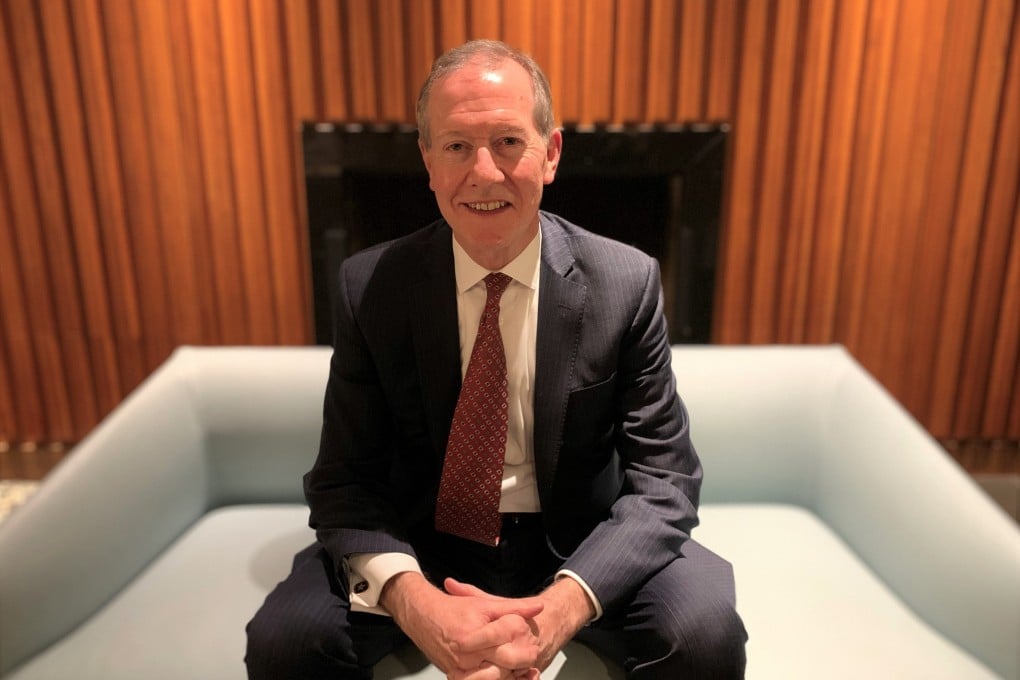Vancouver became a byword for money laundering, fuelled by Chinese cash. Can it flip the script?
- A new institute devoted to anti-corruption and anti-laundering efforts seeks to repair a reputation tainted by the ‘Vancouver model’ of Chinese money smuggling
- The project is the brainchild of Peter German, whose investigations into money laundering in British Columbia prompted outrage and a push for reforms

It is known as the “Vancouver model” – a criminal technique that turned the Canadian city into a byword for international money laundering.
The term, coined by Australian academic Professor John Langdale of Macquarie University in 2017, described a process in which launderers would simultaneously smuggle Chinese money to Canada in circumvention of Beijing’s cash export laws, while sending Canadian drug money back to gangsters’ bank accounts in China, all facilitated by British Columbia casinos, in a kind of criminal alchemy.
But now the backers of a new anti-corruption institute want to flip the script, and make Vancouver a model for anti-money-laundering and corruption compliance.
The Vancouver Anti-Corruption Institute (VACI), launched this month, is the brainchild of veteran crime investigator Dr Peter German.
The lanky and urbane former deputy commissioner of the Royal Canadian Mounted Police (RCMP) has been at the centre of BC’s money-laundering debate, as the author of two government-backed reports, which included lurid revelations involving cash-stuffed suitcases, luxury real estate, smuggled supercars, and a cast of Chinese gangsters, somnolent regulators and complicit realtors.
“We’ve come to recognise that Vancouver is not pristine and perfect … There is an undercurrent of criminal activity and there is an international aspect to all of it,” said German in an interview ahead of VACI’s launch on December 9.